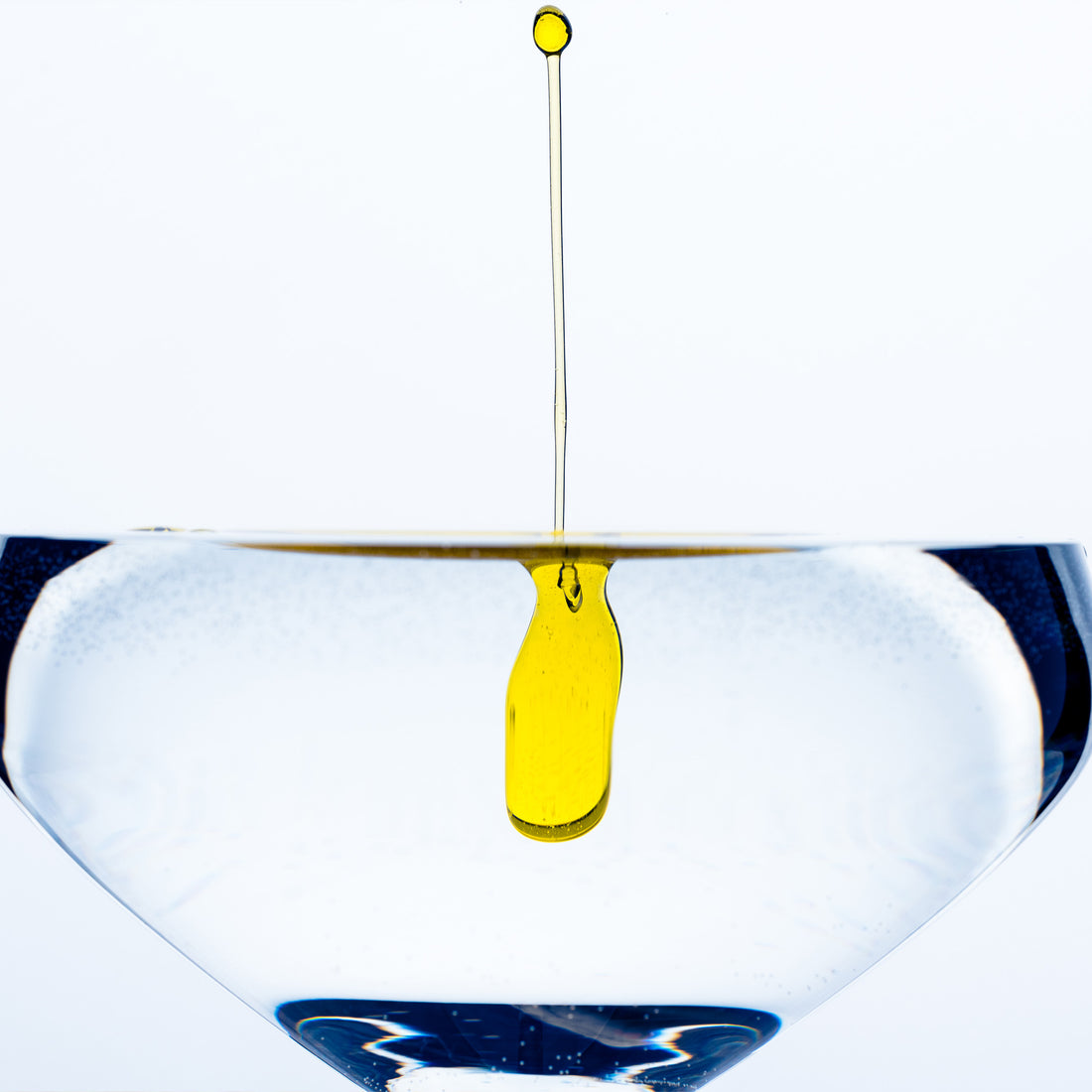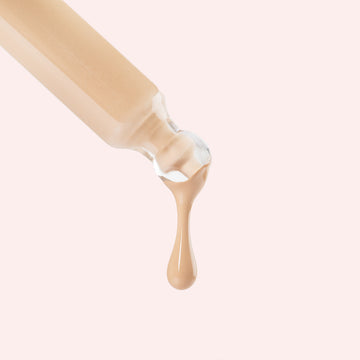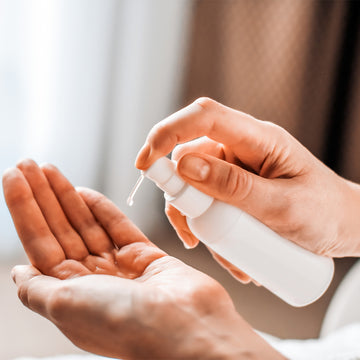
Polysorbate 20 (Vegetable-Based Emulsifier)
Polysorbate 20 is a versatile emulsifier and surfactant widely used in personal care products, cosmetics, and pharmaceuticals. This vegetable-derived ingredient plays a crucial role in formulating stable and effective products while offering a favorable safety profile.
What is Polysorbate 20?
Polysorbate 20, also known as Tween 20 or polyoxyethylene (20) sorbitan monolaurate, is a non-ionic surfactant and emulsifier. It's a clear, yellowish liquid with a mild, characteristic odor. As an emulsifier, it helps blend oil and water-based ingredients that would typically separate, creating stable and uniform product formulations.
How is Polysorbate 20 Made?
Polysorbate 20 is synthesized through a process that involves two main components:
- Sorbitol, which is derived from plant sources such as corn, wheat, or potatoes
- Lauric acid, typically sourced from coconut or palm kernel oil
The manufacturing process includes the esterification of sorbitol with lauric acid, followed by ethoxylation (the addition of ethylene oxide units). This results in a compound with both hydrophilic (water-loving) and lipophilic (oil-loving) properties, making it an excellent emulsifier.
What Does Polysorbate 20 Do?
Polysorbate 20 offers several beneficial properties in personal care and cosmetic formulations:
- Emulsification: It helps blend oil and water-based ingredients, creating stable emulsions.
- Solubilization: It can help dissolve fragrances and essential oils into water-based products.
- Dispersion: It aids in dispersing pigments and other insoluble particles evenly throughout a product.
- Wetting agent: It improves the spread of products on surfaces, including skin and hair.
- Foam stabilization: It can enhance and stabilize foam in cleansing products.
Safety Profile of Polysorbate 20
Polysorbate 20 is generally regarded as safe for use in personal care and cosmetic products:
- Low toxicity: It has minimal acute oral and dermal toxicity.
- Non-irritating: When used at recommended concentrations, it is typically non-irritating to skin and eyes.
- Biodegradable: Polysorbate 20 is readily biodegradable, minimizing environmental impact.
- Safety assessment: The Cosmetic Ingredient Review (CIR) Expert Panel has evaluated polysorbates, including Polysorbate 20, and found them safe for use in cosmetics and personal care products.
While it is generally well-tolerated, some individuals with sensitive skin may experience mild irritation. As with any ingredient, those with known sensitivities should exercise caution and perform a patch test before use.
Applications of Polysorbate 20
Thanks to its versatile properties, Polysorbate 20 finds applications in a wide range of products, including:
- Facial cleansers and body washes
- Shampoos and conditioners
- Lotions and creams
- Makeup products (foundations, mascaras)
- Fragrances and essential oil blends
- Bath products
- Pharmaceuticals and oral care products
In summary, Polysorbate 20 is a versatile, vegetable-derived emulsifier that provides effective blending and stabilizing properties while maintaining a favorable safety profile. Its diverse functionality and compatibility with various formulations make it a popular choice in personal care and cosmetic products that require stable emulsions and improved texture. As consumers increasingly seek plant-based alternatives in their personal care routines, Polysorbate 20 offers a reliable solution for formulators looking to create effective, vegetable-derived products.


